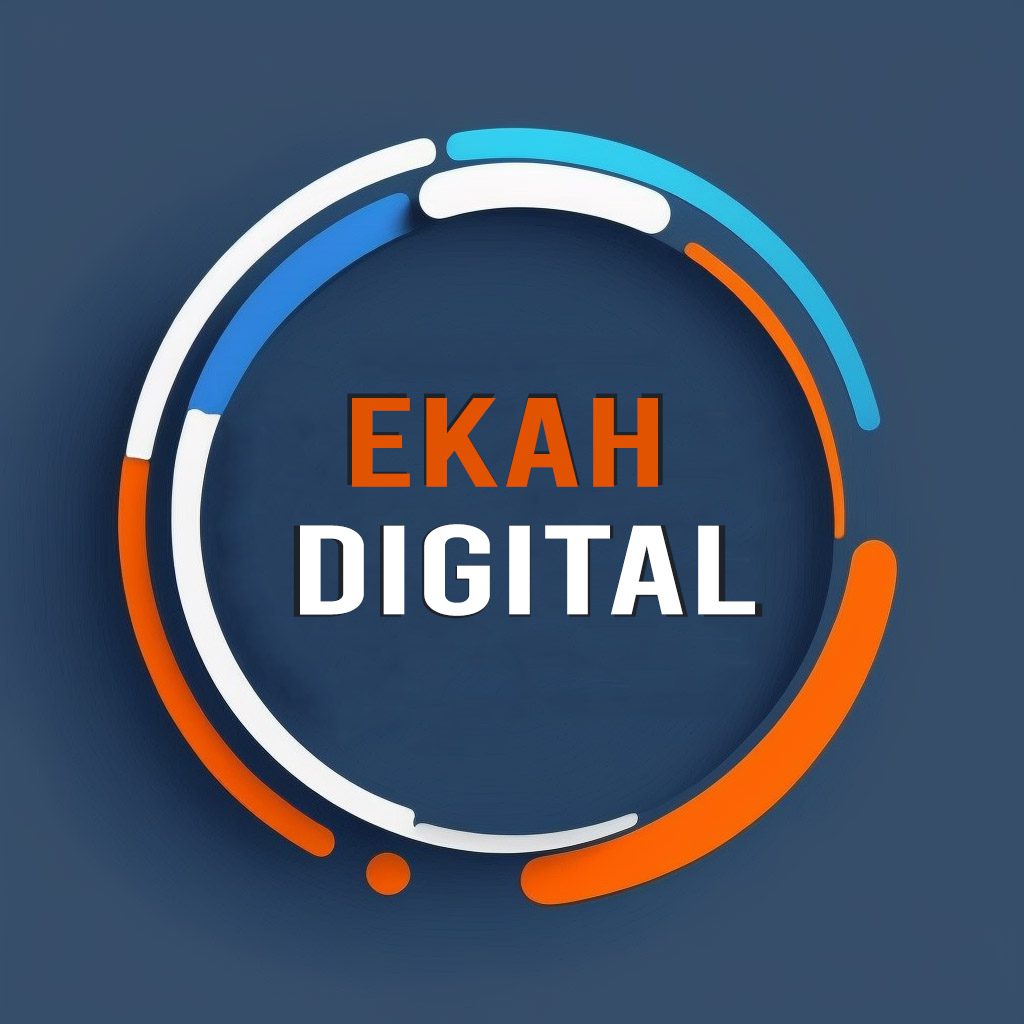
Introduction
In any job interview self introduction in interview the first impression is crucial. A well-crafted self-introduction allows you to showcase your skills, qualifications, and personality in a concise yet impactful manner. In this article, we will delve into the art of self-introduction in interviews, providing you with valuable tips and strategies to leave a lasting impression on your prospective employers.
Crafting an Effective Self Introduction
Start with a Strong Opening Statement
The first few seconds of your self introduction in interview are crucial in capturing the interviewer’s attention. Begin with a confident greeting and a brief introduction of your name and relevant background. For example, “Good morning/afternoon/evening. My name is [Your Name], and I am excited to be here today.”
Highlight Relevant Skills and Experiences
After the initial greeting, focus on highlighting your key skills and experiences that directly relate to the position you are interviewing for. Discuss your educational background, previous work experiences, and any certifications or achievements that demonstrate your expertise.
Showcase Your Accomplishments
To make a lasting impression, mention specific accomplishments that highlight your capabilities and contributions. Discuss projects you successfully completed, goals you achieved, or any recognition you received in your previous roles. This demonstrates your ability to deliver results and adds credibility to your self-introduction.
Emphasize Your Fit for the Company Culture
Employers not only seek candidates with the right skills but also those who align with their company culture. Use your self-introduction to showcase your understanding of the company’s values, mission, and work environment. Demonstrate how your own values and work ethic align with theirs, emphasizing that you would be a seamless fit within their team.
Convey Your Enthusiasm and Motivation
Express genuine enthusiasm for the opportunity to join the company. Share why you are interested in the position and what motivates you to contribute to their success. This displays your passion and dedication, making you a more attractive candidate.
Practice and Rehearse self introduction in interview
To ensure a smooth and confident delivery, practice your self introduction in interview beforehand. Rehearse it multiple times, focusing on your tone, pace, and body language. Consider recording yourself or seeking feedback from friends or mentors to further refine your presentation.
Tailoring Your Self Introduction to Different Interview Situations
Formal Interviews
In formal interviews, maintain a professional tone and adhere to the traditional norms of introductions. Emphasize your qualifications, experiences, and suitability for the role. Keep your self-introduction concise and to the point, ensuring you cover all the essential aspects.
Informal or Panel Interviews
When facing an informal or panel interview, you can adopt a slightly more relaxed tone while still maintaining professionalism. Address each panel member individually while keeping the overall introduction cohesive. Focus on engaging with the entire panel by making eye contact and acknowledging their presence.
Virtual or Video Interviews
Virtual or video interviews require additional preparation to ensure a strong self introduction in interview. Dress professionally, pay attention to your background, and test your technology beforehand. Maintain good eye contact by looking directly into the camera and project your voice clearly to compensate for the lack of physical presence.
Group Interviews
In group interviews, you need to strike a balance between self-promotion and collaborative skills. Showcase your ability to work well in a team by mentioning successful team projects or your experience in collaborative environments. Avoid dominating the conversation and demonstrate your active listening skills by acknowledging and responding to other participants.
Overcoming Nervousness and Building Confidence
Prepare Thoroughly
Thorough preparation is key to reducing nervousness and building confidence. Research the company, the role you are applying for, and anticipate potential interview questions. The more knowledgeable you are, the more confident you will appear during your self-introduction.
Maintain Good Body Language
Your body language speaks volumes during an interview. Stand or sit up straight, maintain good eye contact, and avoid fidgeting. Use open and confident gestures to convey your enthusiasm and engagement.
Control Your Voice and Tone
Pay attention to your voice and tone while delivering your self-introduction. Speak clearly and with a moderate pace. Vary your tone to reflect your passion and interest in the conversation.
Engage in Active Listening
Active listening is an essential skill that showcases your attentiveness and willingness to collaborate. During your self-introduction, demonstrate your ability to listen and respond thoughtfully to the interviewer’s questions or comments.
Stay Positive and Authentic
Maintain a positive and optimistic attitude throughout your self-introduction. Be authentic and true to yourself, allowing your personality to shine through. A genuine and positive demeanor will leave a lasting impression on the interviewer.
Common Mistakes to Avoid
Rambling or Providing Irrelevant Information
Avoid rambling or going off-topic during your self-introduction. Stay focused and concise, providing only the necessary and relevant information. This ensures that your introduction remains engaging and memorable.
Failing to Customize for the Company
Tailor your self-introduction to the specific company and role you are interviewing for. Highlight aspects of your background and experiences that directly relate to their needs and values. A customized self introduction in interview shows your dedication and interest in the organization.
Lack of Confidence or Overconfidence
Strike a balance between confidence and humility in your self introduction in interview. Display confidence in your abilities and qualifications, but avoid sounding arrogant or overconfident. Humility and self-awareness are valued traits in candidates.
Speaking Too Fast or Too Slow
Maintain a steady pace while delivering your self introduction in interview. Speaking too fast may make you appear nervous or anxious, while speaking too slow can lose the interviewer’s interest. Aim for a comfortable rhythm that allows for clarity and comprehension.
Forgetting to Mention Your Career Goals
Your self introduction in interview should provide insight into your career goals and aspirations. Briefly mention where you see yourself in the future and how the position aligns with your long-term objectives. This showcases your ambition and motivation to grow within the company.
Conclusion
Mastering the art of self introduction in interview in an interview can significantly enhance your chances of success. By following the tips and strategies outlined in this article, you can confidently introduce yourself, leaving a positive and memorable impression on your prospective employers.
FAQs
Q1: How long should my self-introduction be in an interview?
Your self introduction in interview should be concise, typically lasting around 1-2 minutes. Focus on providing relevant information while keeping it engaging and memorable.
Q2: Can I use humor in my self-introduction?
Using humor sparingly and appropriately can help you connect with the interviewer, but be cautious not to overdo it. Gauge the interview atmosphere and the interviewer’s personality before incorporating humor into your self-introduction.
Q3: Should I memorize my self-introduction word-for-word?
While it’s important to be prepared, it’s best to avoid memorizing your self introduction in interview word-for-word. Instead, focus on understanding the key points and practicing the flow and delivery. This allows for flexibility and a more natural conversation.
Q4: Is it necessary to mention personal information in myself introduction in interview?
Personal information such as marital status, age, or hobbies is generally not necessary to include in your self-introduction. Instead, prioritize professional qualifications, relevant experiences, and your fit for the role and company.
Q5: Can I ask questions during my self-introduction?
While it’s not common to ask questions during your self-introduction, you can incorporate rhetorical questions to engage the interviewer and spark their interest. However, ensure that the questions are relevant and add value to the conversation.
